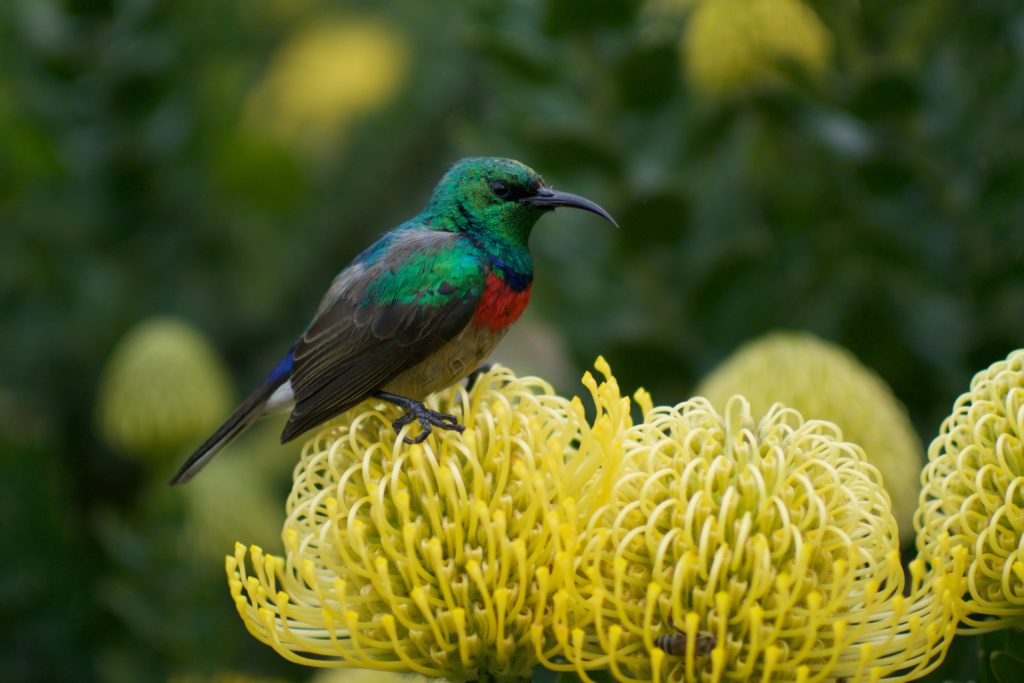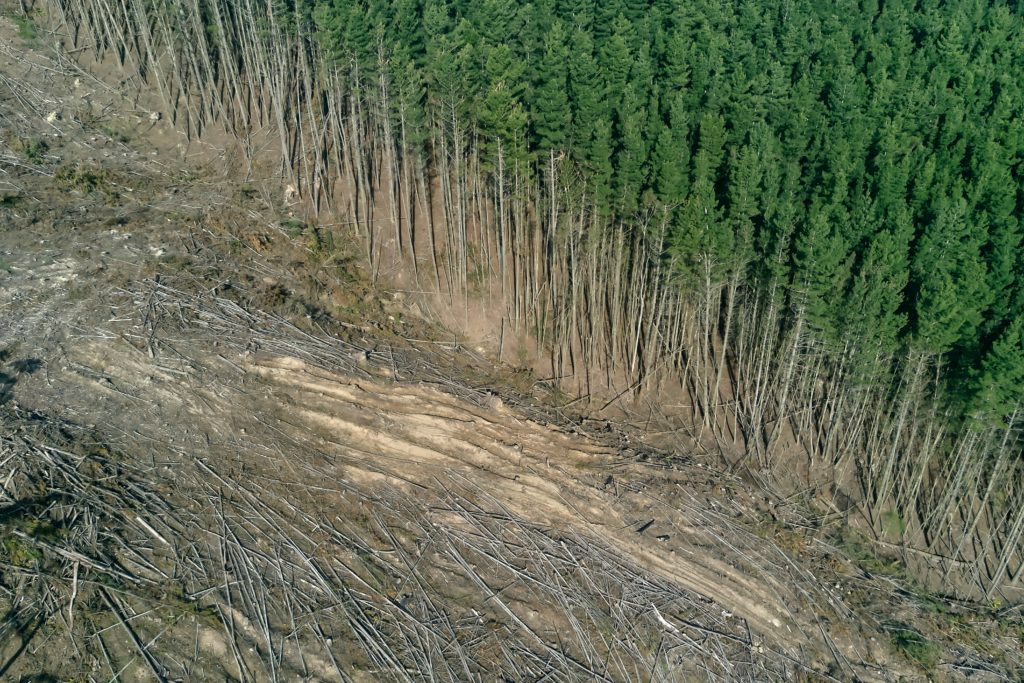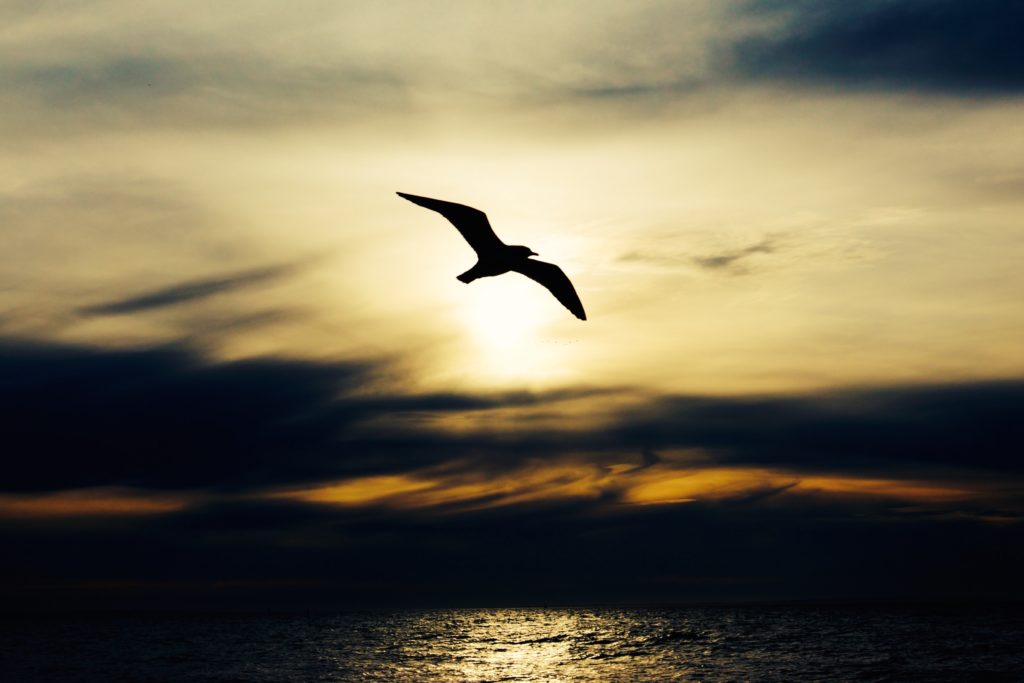Biodiversity loss threatens us all

“Biodiversity is all the different kinds of life you’ll find in one area — the variety of animals, plants, fungi, and even microorganisms like bacteria that make up our natural world. Each of these species and organisms work together in ecosystems, like an intricate web, to maintain balance and support life.”
Why are we losing biodiversity?
The United Nations Environment Programme explains what we are doing to our planet and what loss of biodiversity means to all of us. For example, they mention that one million species are threatened with extinction. (This figure is questionable because we still don’t know how many species we have on the planet, but nevertheless it is a very large number of endangered creatures.) Our global food system is the primary driver of this loss of biodiversity and if we continue the way we are living right now we will cause very serious problems indeed, not just to ourselves but to many of the living creatures on the Earth.
What does a biodiverse nature provide for us?
- Clean water
- Clean air
- Pollination of food crops
- Control of agricultural pests
- Fish and other sea foods
- Sustainable livelihoods for indigenous and other peoples
- Protection of shorelines from storms
- Protection of the soil
- Resilience to fight climate change
- Raw materials for medicines
- All the health benefits for human beings from being in nature
Biodiversity is vital to the future of life on Earth. There has been a huge concentration of effort over the last years on dealing with Climate Change, and rightly so. However, if we concentrate on that to the detriment of biodiversity then we have a major problem. We must fight them at the same time.
As you probably know these are not the only two issues affecting our planet.
Iberdrola talks in this article of the major challenges we face.
Deforestation

So, what does loss of biodiversity mean to the non-scientific among us?
- If we poison all the bees and other pollinators there will be a lot less food available. With a world population that has just passed 8 billion that is a problem.
- If we poison our farmland with pesticides and fertilizers we will kill the natural enemies of all the nasty creatures that destroy our crops. So, less food, more weeds.
- If we kill all our coral reefs by increasing global temperatures we will destroy young fish nurseries, thus cutting down our fish stocks world-wide. This is serious as the stocks are already seriously depleted and many people in the developing world rely on fish as a source of protein.
- If we chop down our major forests, especially the tropical ones, we lose their ability to soak up carbon dioxide from the atmosphere, thus allowing global temperatures to rise even faster. We also contribute to soil degradation and loss of topsoil as it will no longer be able to hold water. this contributes to flooding downstream of the forests.
- We are also losing a lot of the beauty and magic in the world with the loss of birds and other animals, coral reefs, and major forests.
- If we continue to build and live closer to wild animals by talking over their land we expose ourselves to more major pandemics like Covid 19.
The UN Biodiversity Conference in Montreal in December 2022 (COP 15)
You can see here what decisions were made at the recent biodiversity conference in Montreal. However perhaps the most important decision was:
- The adoption of an equitable and comprehensive framework to halt the loss of biodiversity and to heal nature, matched by the resources needed for implementation.
This includes concrete measures to halt and reverse nature loss including putting 30% of the planet and 30% of degraded ecosystems under protection by 2030. It also includes proposals to increase finance to developing countries to help them make the adaptions.
We can still save nature for future generations

What Can we Do?
This is where we come in as individuals. We must keep our governments to their promises about nature. So, write to your politicians. Tell them how much you like this Framework and ask them what they are going to do to help nature. Ask them to reduce harmful farming subsidies and support farmers who are helping nature and biodiversity.
- Join a nature charity like WWF and help them campaign
- Join local campaigns in your area
- Find out about rewilding and support local groups involved
- Reduce the amount of meat you eat, particularly beef from areas that cut down forests to raise cattle. If you must have beef, eat local and organic.
- Chicken can also be bad as forests are cut down to grow soy for feed. So, eat local and organic if you can
- Use water thoughtfully
- Eat less fish
- Cut down the waste you produce. Don’t use single-use plastics
- Don’t use pesticides in your garden
- Plant local flowers for the bees
- Campaign to stop your local council spraying weeds
- Check the source of the food you eat
- If you get the chance, widen your choice of cereals so farmers will bring back older species that may do better with global warming
There are endless ways that we as individuals can work to save nature. There is a lot of information on the internet. Why not use it to change your habits to help preserve nature.
Remember we must think about Climate Change and lack of biodiversity together to help reduce the challenges we face.
If anybody has any great ideas about this, please tell me about it and we can publicise it.
(Photographs above are 1. by Simon Caminada on Unsplash, 2. by gryffyn m on Unsplash, 3. by Alex Wigan on Unsplash)

Exactly.
Good luck!
Thank you